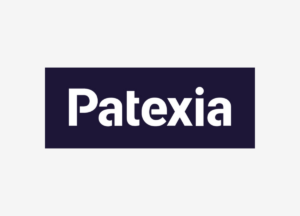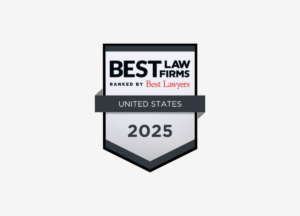Carlson Caspers claimed a series of victories at both the district court and Federal Circuit to pave the way for Teva to begin selling generic forms of the multi-billion dollar product OxyContin®. Purdue held a large and growing portfolio of patents covering the active ingredient and formulation of OxyContin®. Three of these patents were directed to oxycodone having low levels of an unwanted impurity, called the “Low ABUK” patents, while two of these patents were directed to formulations having tamper-resistant properties, namely, crush resistance and gelling. Following a bench trial, Judge Stein of the Southern District of New York held that the Low ABUK patents were invalid as obvious, the crush resistance patent was invalid as both anticipated and obvious, and the gelling patent was invalid for indefiniteness. With respect to the crush resistance patent, Carlson Caspers convinced Judge Stein that a prior art patent taught formulations that inherently conferred the claimed crush resistance. (This verdict had implications extending beyond OxyContin®, as the crush-resistance patent was listed in the Orange Book as covering additional products, such as Opana ER®.) With respect to the gelling patent, Judge Stein concluded that the claims were so ambiguous that they failed to satisfy the now abandoned “insolubly ambiguous” indefiniteness standard.
In the wake of this win, Carlson Caspers led the efforts in a second trial involving another patent listed in the Orange Book for OxyContin®. This patent was directed to oxycodone dosage forms that yield solutions having high viscosities when dissolved in water in order to prevent illicit injection. Carlson Caspers convinced Judge Stein that these claims were invalid as obvious, and that one of the asserted claims was also invalid for indefiniteness. In reaching his decision, Judge Stein credited significant testimony elicited by direct examinations performed by Carlson Caspers, as well as admissions secured by Carlson Caspers during cross-examination of Plaintiffs’ marquee validity witness.
Purdue appealed the invalidity judgments of the Low ABUK patents and the crush resistance patent to the Federal Circuit. Carlson Caspers defeated these efforts. The Federal Circuit affirmed the court’s judgment of anticipation of the crush resistance patent, finding that while McGinity did not discuss the breaking strength of the tablets, Teva’s expert offered “experimental results [that] indicate[d] unanimously, reliably, clearly, and convincingly that any tablet made according to the McGinity Application would exhibit this characteristic.” The court considered this experimental evidence “pivotal” to Teva’s inherency defense. Purdue’s efforts to challenge these decisions on rehearing en banc were denied.
Purdue had yet more patents covering its products, but these victories enabled Teva to land a settlement agreement permitting it to sell generic versions of OxyContin®.
Related News
J. Derek Vandenburgh Recognized Among...
November 10, 2024
Carlson Caspers Recognized As a...
November 7, 2024
In Memoriam – Honoring Mark...
October 21, 2024




